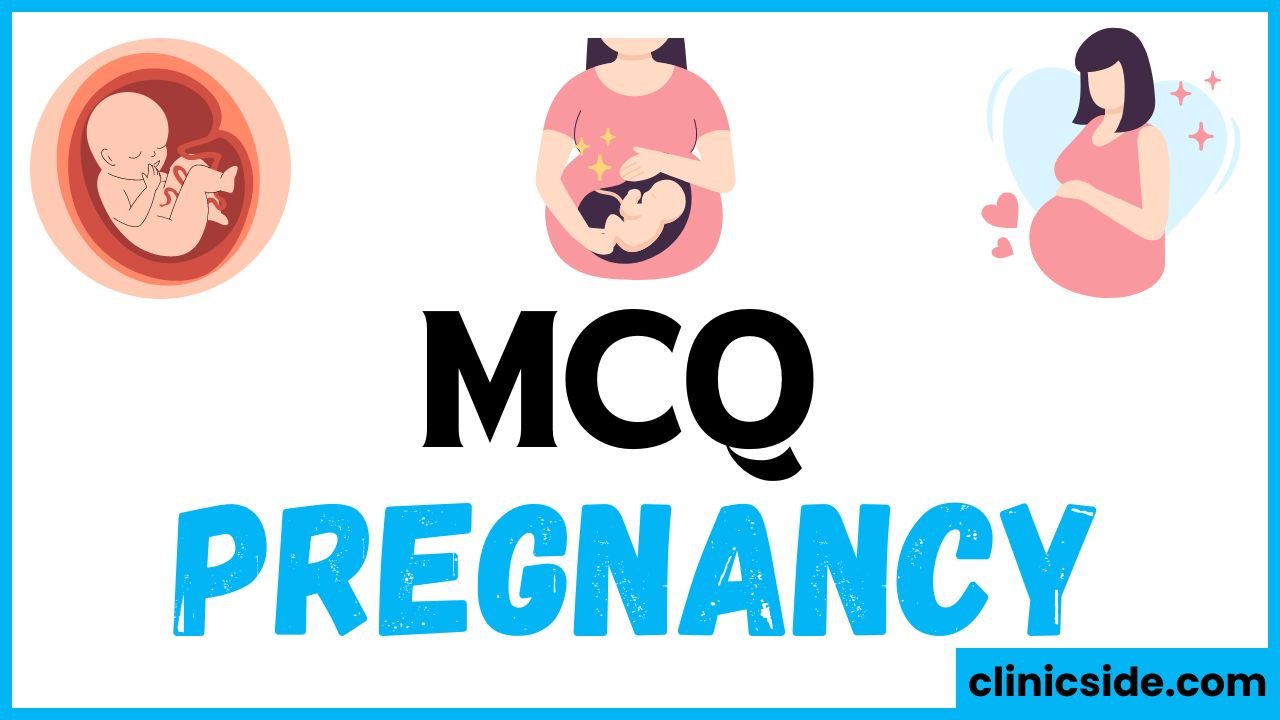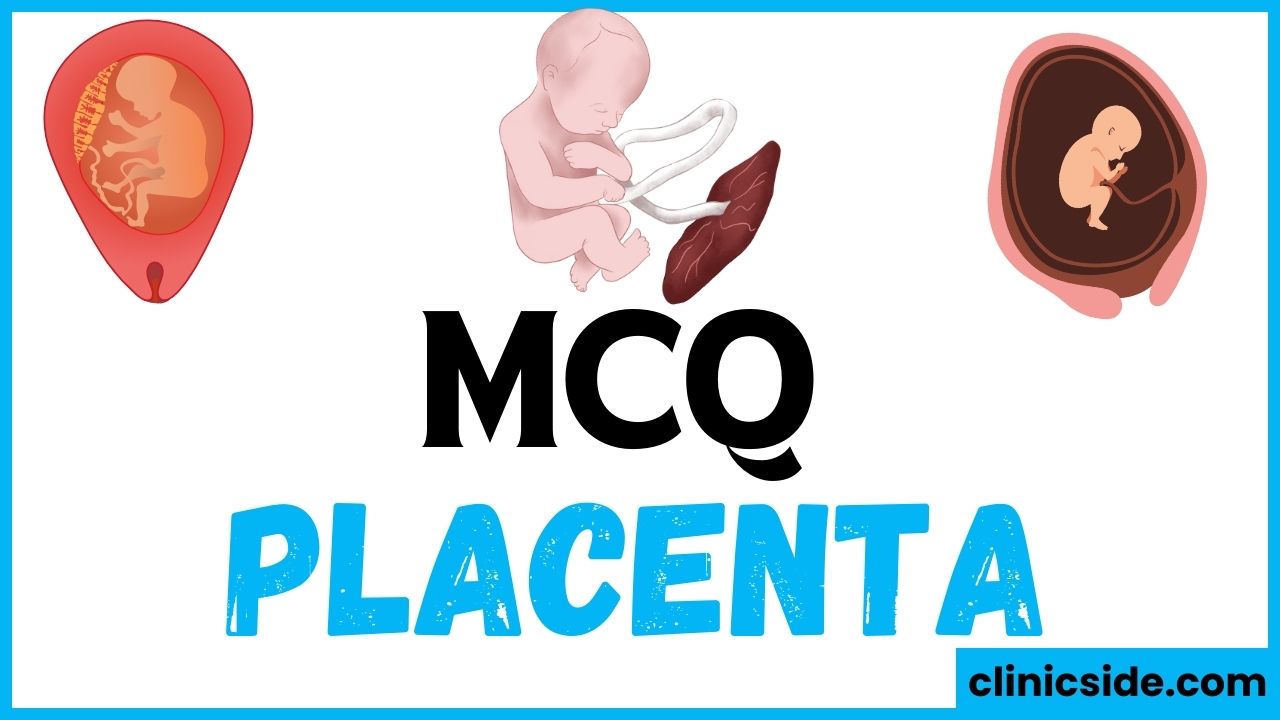Quiz
Available options: 1 to 25
Understanding Pregnancy
Introduction
Pregnancy is a transformative journey marked by the development of a new life within the female body. It encompasses a series of physiological changes and milestones that culminate in the birth of a baby.
Stages of Pregnancy
Conception: Conception marks the initiation of pregnancy, commencing with the fusion of a sperm cell and an egg cell, a process commonly known as fertilization. This event typically takes place within the fallopian tube, where the sperm penetrates the egg, resulting in the formation of a fertilized embryo.
Implantation: The fertilized egg implants itself into the lining of the uterus, initiating the formation of the placenta and umbilical cord.
Trimesters:
First Trimester (Weeks 1-12): Characterized by rapid fetal development, major organ formation, and hormonal changes. Morning sickness and fatigue are common.
Second Trimester (Weeks 13-26): Fetal movements become noticeable, and the mother’s abdomen expands as the baby grows. Many women experience a decrease in morning sickness.
Third Trimester (Weeks 27-40+): Fetal development continues, and the baby gains significant weight. Discomforts such as back pain and frequent urination may arise.
Physical Changes
Hormonal Shifts: Hormones like estrogen, progesterone, and relaxin surge to support pregnancy, leading to various bodily adjustments.
Weight Gain: The mother gains weight to support the growing fetus, with distribution varying among individuals.
Uterine Expansion: The uterus expands to accommodate the growing baby, exerting pressure on surrounding organs and tissues.
Breast Changes: Breasts enlarge and become more sensitive in preparation for lactation.
Health Considerations
Prenatal Care: Regular medical check-ups, prenatal vitamins, and screenings are essential for monitoring both maternal and fetal health.
Nutrition: A balanced diet rich in nutrients, including folic acid, iron, and calcium, supports fetal development and maternal well-being.
Exercise: Moderate physical activity is generally encouraged, but it’s crucial to consult healthcare providers for personalized guidance.
Avoiding Harmful Substances: Smoking, alcohol, and certain medications can pose risks to fetal development and should be avoided.
Complications: Conditions like gestational diabetes, preeclampsia, and preterm labor require careful management and monitoring.
Emotional and Psychological Aspects
Antenatal Bonding: Many expectant parents form emotional connections with the unborn baby through activities like ultrasound scans and baby showers.
Mood Changes: Hormonal fluctuations and stressors associated with pregnancy can lead to mood swings and heightened emotional sensitivity.
Support Networks: Having a strong support system comprising partners, family, friends, and healthcare providers can alleviate anxieties and provide practical assistance.
Test Guidelines and Time Limit:
Guidelines for Maximizing Your Quiz Experience:
Read and Understand:
Carefully read each question related to Pregnancy and ensure you have a clear understanding of the concepts before selecting your answer. This will help you make informed choices and avoid misconceptions.
Choose the Best Answer:
Evaluate all available options before selecting the one that aligns best with your knowledge of Pregnancy. Strive for accuracy and relevance in your responses.
Time Management:
The quiz has a time limit based on the number of questions you choose. Allocate 45 seconds per question. Manage your time wisely to complete all questions within the allotted time.
Efficient time management increases your likelihood of successfully completing the quiz and submitting your answers within the designated timeframe. Best of luck!



Pingback: Aneela
I am truly thankful to the owner of this web site who has shared this fantastic piece of writing at at this place.